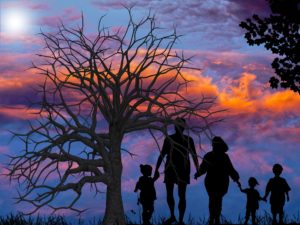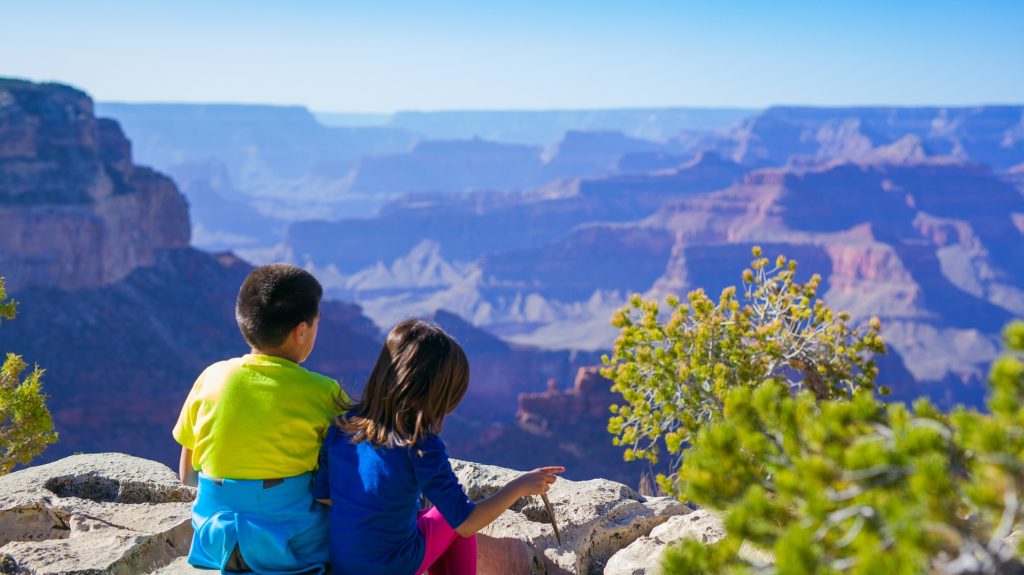Restoring the health of our forests and securing clean and abundant water for the future is important to everyone, especially children. Our kids will inherit the world we leave them, so conserving natural resources for future generations is paramount. Education is the key to helping children appreciate the value of conservation and the role they have in it. When kids are knowledgeable about science they are empowered to take action and share their knowledge with others.
Conservation resources

Recently, a local educator was teaching an environmental science lesson to some elementary students. The teacher was excited to report that, “While doing a conservation “webquest” the students ended up on the Peaks to People Waterfund Resources webpage.” She said, “They found some great watershed information and links to additional educational resources.” The students decided it would be nice to return the favor, so they picked out a couple of great conservation pages to share with us.
Information on Outdoor Water Conservation According to this fascinating Angies List article, the typical household in America consuming about 320 gallons of water every day! That leaves plenty of room for implementing water conservation practices in and around the home. Saving water indoors and outdoors can be surprisingly easy with only a few changes in how and when you use water.
Home Science: Backyard Conservation has lots of wonderful information for kids and their families on topics like soil conservation, watershed science, biodiversity and much more. Best of all, you can find a wealth of information on what you can do in your home and right in your own backyard to conserve natural resources.
Try one or all of the fun family conservation projects found on Home Science: Backyard Conservation:
- Composting
- Planting trees
- Rainwater harvesting
- Creating bee-friendly lawns and gardens
- Build a worm farm in your backyard
Conservation starts in our own backyards
When we spend more time with our families enjoying nature the benefits are many. Taking care of the ecosystems we all depend on is a multi-generational effort and it starts in our own backyards. Share your passion for conservation with your children today; your grandkids will thank you!
